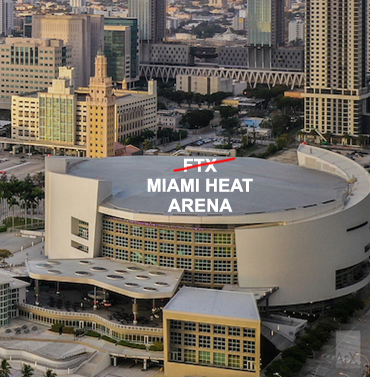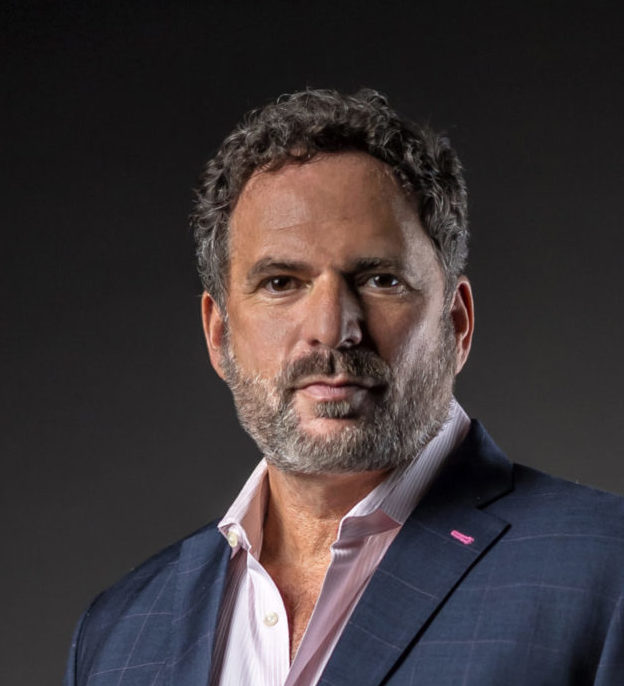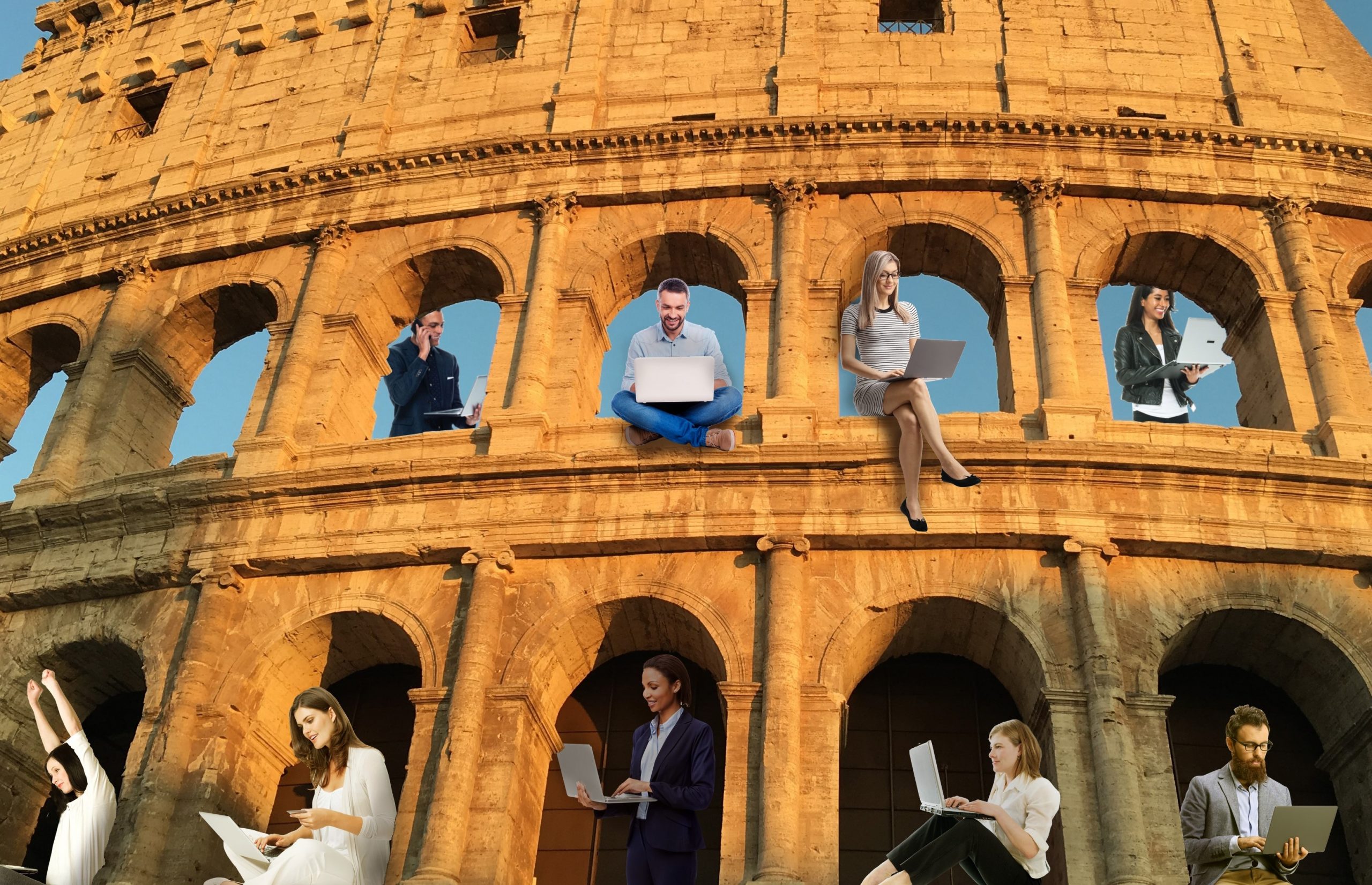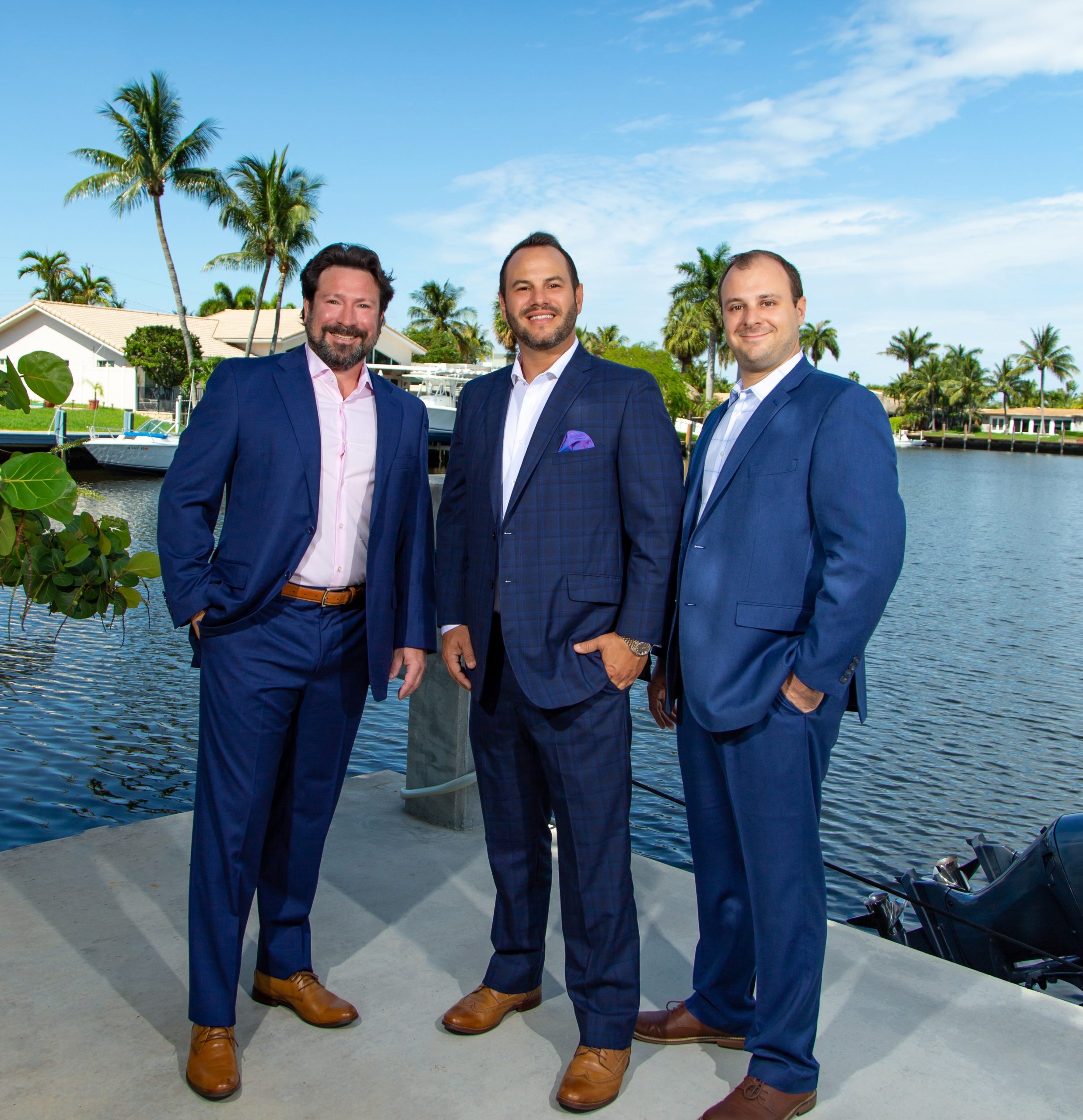Miami-Dade County has ordered non-essential businesses to close, but Gov. Ron DeSantis’ order on Friday wasn’t nearly as sweeping
The Sun-Sentinel previously said the governor was working with Broward and Palm Beach Counties on a plan that would be similar to the Miami-Dade order, but the actual result was much more succinct.
The DeSantis order for Broward and Palm Beach County said, “I hereby order restaurants, bars, taverns, pubs, night clubs, banquet halls, cocktail lounges, cabarets, breweries, cafeterias and any other alcohol and/or food service business establishment with seating for more than ten (10) people with in the incorporate and unincorporated areas of Broward and Palm Beach County to close on-premises service of customers.”
The order still allows these establishments to operate kitchens for delivery. The order doesn’t apply to grocery, stores, pharmacies, gas stations and convenience stores, except for sections of those businesses that might seat more than 10 people.
Movie theaters, concert halls, auditoriums, playhouses, bowling alleys, arcades, gymnasiums, fitness studios and beaches were also ordered close. Many of them already are.
The governor’s order expires March 31.
Miami-Dade County Mayor Carlos A. Gimenez signed a much nore sweeping executive order Thursday to close all non-essential retail and commercial establishments.
“I know it is very frustrating that we have new closures every day, but they are vital to protecting everyone in our County,” Gimenez said. “We are acting on CDC recommendations.
The Miami-Dade order, however, has a lot of exceptions that will let many office places stay open—whether that’s a good idea is another question. President Trump’s and the CDC recommend that groups no larger than 10 should assemble and social distancing of at least six feet between people is being recommended. Those are not mandates, however.
The Miami-Dade order says professionals including architects, engineers, legal and accounting services can stay open. So can businesses that “interact with customers solely through electronic or telephonic means.” A whole other host of businesses that can stay open include those that do landscaping and clean pools. Miami-Dade’s order also allows construction to continue, which has been banned in some northeastern cities.
SFBW has received numerous emails from professional service firms that members are working remotely. (Here are tips on having meetings remotely.)
Here is the Miami-Dade order:
Business closures
This emergency order includes, but is not limited to, the closure of all:
- art supply stores, craft supply stores
- barbers, beauty salons, nail studios
- bookstores
- casinos, including Calder, Casino Miami, Magic City and Hialeah Park
- clothing boutiques
- indoor amusement parks, trampoline parks, driving ranges
- jewelry stores
- malls
- music supply stores
- pawn shops
- social clubs, tennis clubs, golf courses, fishing charters
- souvenir stores
- spas
- sporting goods stores
- tutoring centers, music classes
- toy stores and children’s stores
Businesses remaining open
All medical facilities, doctors’ offices, and airlines will remain open.
Businesses that can remain open include:
- architectural, engineering and landscape services
- assisted living facilities (ALFs), nursing homes, adult day care centers and senior residential facilities
- banks
- business that interact with customers solely through electronic or telephonic means
- business operating at any airport, seaport or other government facility
- childcare facilities, but limiting to a maximum of 10 children and teachers in any one group
- construction sites currently in operation, regardless of building type
- convenience stores
- factories, manufacturing facilities, bottling plants and other industrial sites
- food cultivation, including farming, livestock and fishing
- gas stations
- grocery stores
- hardware stores
- home-based care for seniors, adults or children
- landscaping and pool services
- laundromats
- logistics providers
- mail and shipping services
- natural and propane gas providers
- newspapers, TV, radio and media services
- pet supply stores
- pharmacies
- professional services, such as legal and accounting services
- restaurant kitchens, for pick-up and delivery only
- services providing food, shelter, social services and other necessities for the economically disadvantaged
- taxis and private transportation providers
- telecommunications providers
- waste management service, including collection and disposal











